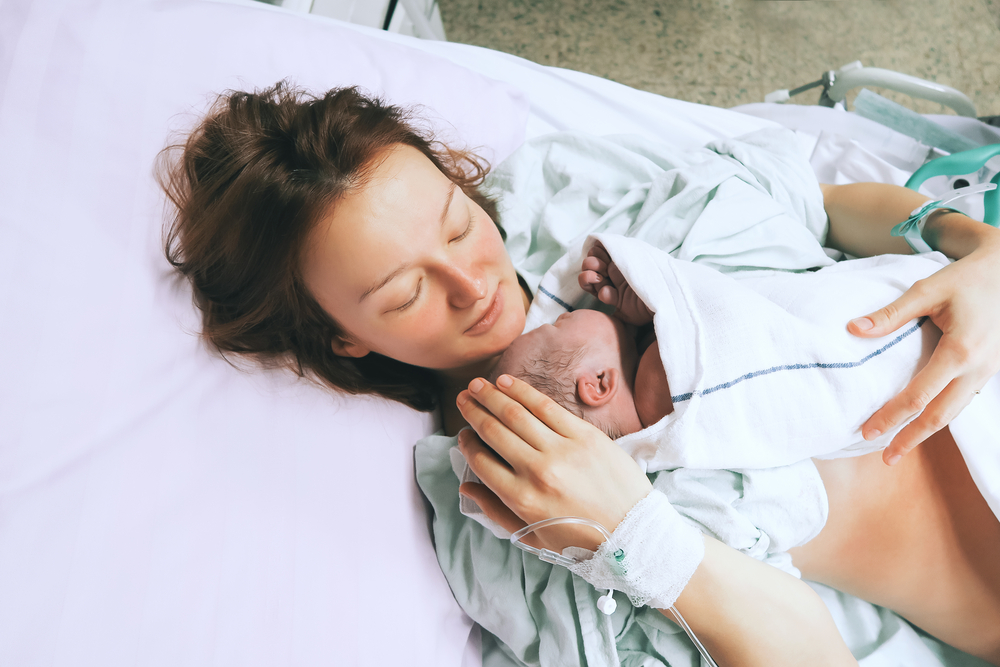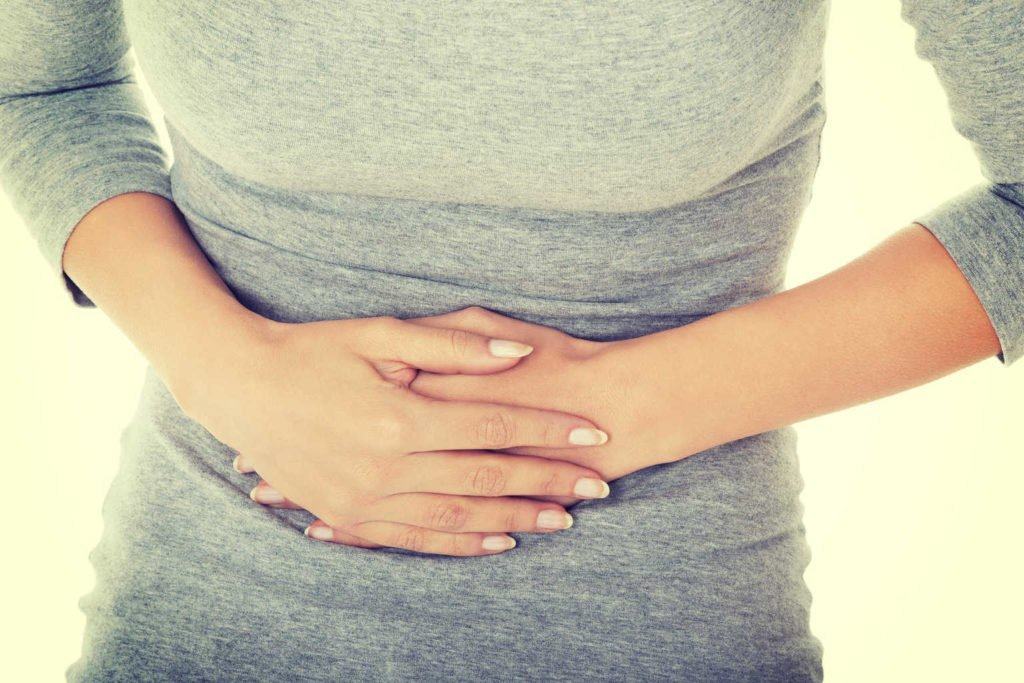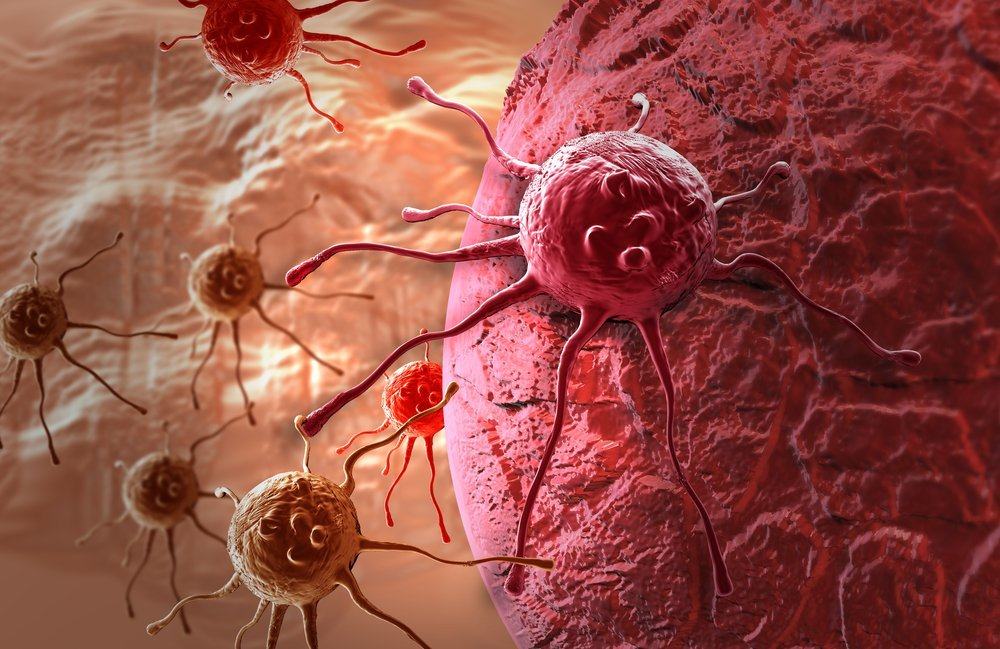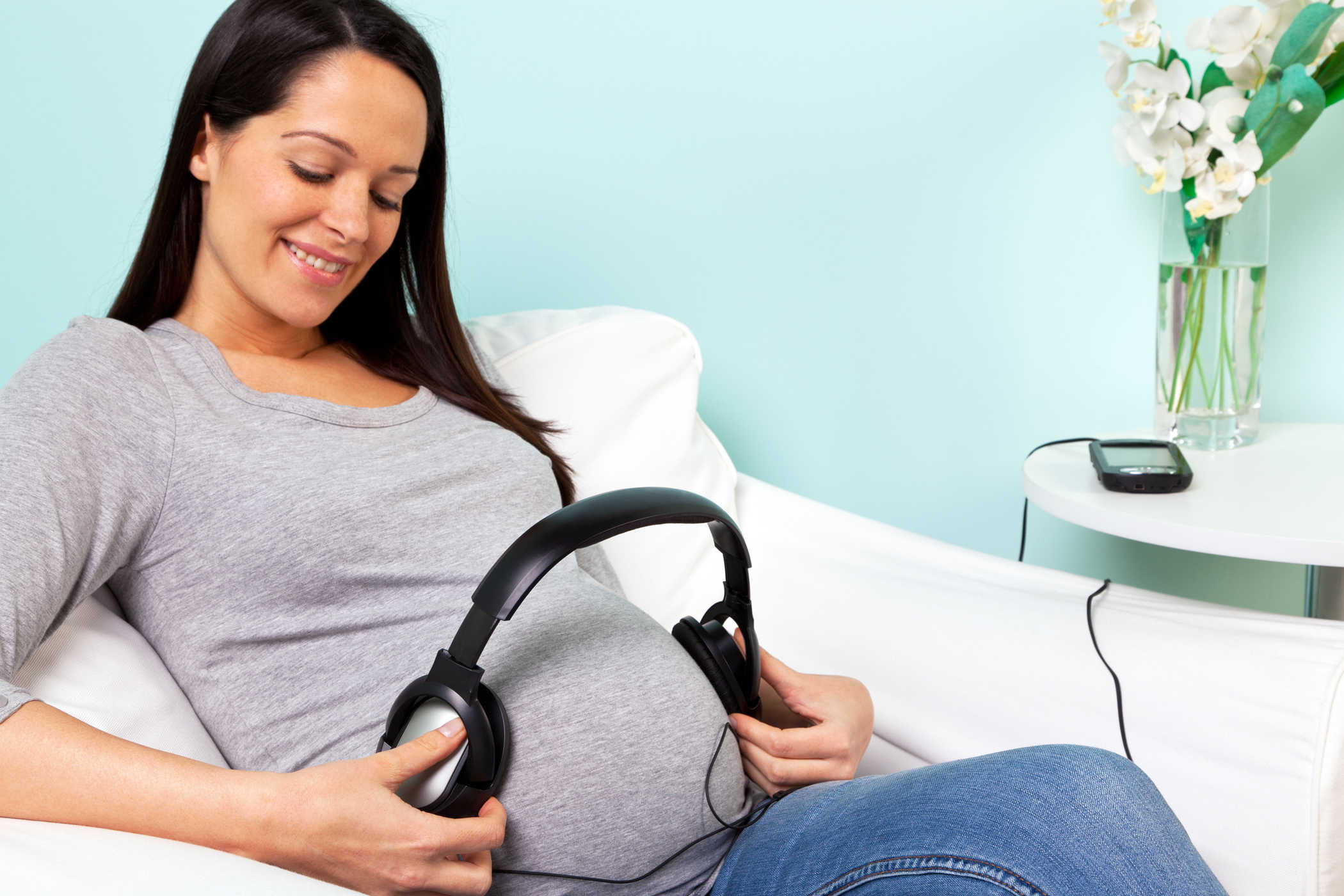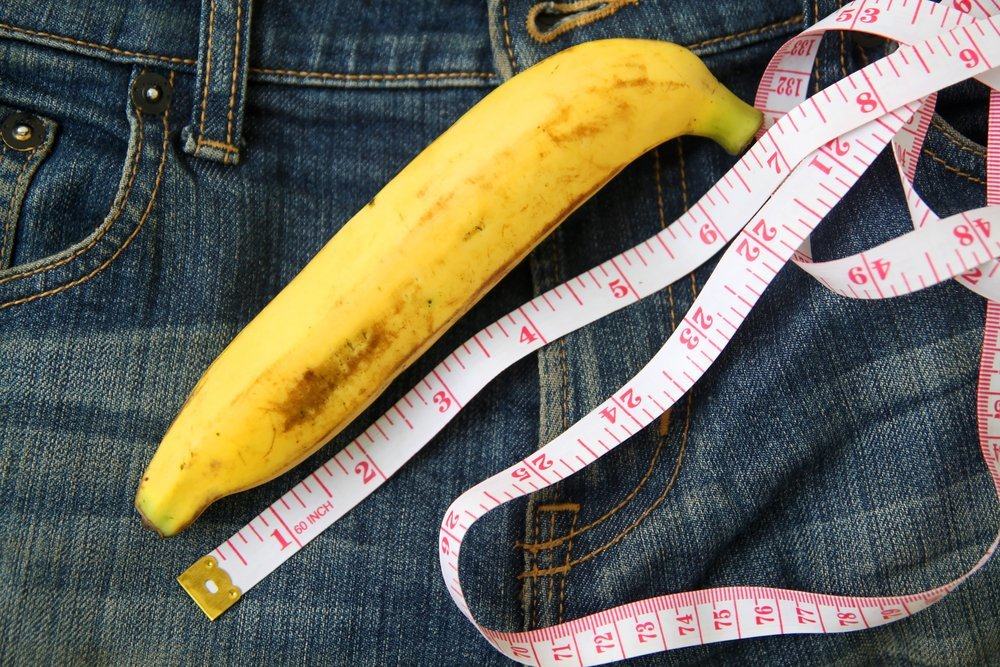Contents:
- Medical Video: How To Tighten Loose Skin After Pregnancy
- 1. Can not immediately breastfeed after giving birth
- 2. The stomach does not immediately shrink
- 3. Lack of sleep
- 4. Physical changes
- 5. Mood up and down
Medical Video: How To Tighten Loose Skin After Pregnancy
Being a new mother is a challenge for those of you who have just given birth. Having a baby is fun, but you must be prepared for your new role as a mother after the baby is born so that you are not surprised. There are many things you have to do after giving birth and maybe some of you will experience difficulties because a lot of changes occur.
The following unexpected things, for example, might happen in the first few weeks of becoming a new mother.
1. Can not immediately breastfeed after giving birth
Many suggestions say that milk your baby as soon as possible after birth. The faster your baby can breastfeed, the easier it will be for you to give exclusive breastfeeding smoothly to the baby. However, it seems that breastfeeding immediately after delivery is not easy for some mothers to do. Sometimes, problems like breastmilk have not come out, the mother's nipples are too big for the baby's mouth, nipples abrasions, and others make it difficult for the mother to breastfeed the baby after birth.
Not only that, some babies also don't want to suckle immediately after birth. Most babies usually don't eat for 15-30 minutes after birth, as Dr. Michele Hakakha, M. D., FACOG, quoted from The Bump. Breastfeeding is not an easy thing, you must be patient and not easily discouraged to keep giving exclusive milk to your baby.
When the baby does not want to suckle, you should not force the baby to suckle. All you have to do now is keep holding it tight. During carrying, skin contact between mother and baby is very important to improve the bond between mother and baby.
2. The stomach does not immediately shrink
Yes, after you give birth, don't expect your body to return to normal. Even after your baby is born a few kilograms, your body weight will decrease because the baby, placenta and amniotic fluid have come out, but your stomach still looks a little big. Your stomach may shrink back to its original size after 6 weeks after giving birth.
However, the diet at this time is not a solution, it can be a problem, not only for you but also for babies. After giving birth, you still have to eat a lot and meet your nutritional needs. Why? This nutrient is needed by the body to make milk, so the milk can come out smoothly and you can more easily breastfeed your baby.
Doing moderate exercise at this time may be the best solution so that your weight does not increase. Start by walking and kegel exercises to strengthen your pelvic floor muscles after giving birth.
3. Lack of sleep
After giving birth, your life will be busy with taking care of your newborn baby. This is certainly not easy, and sometimes makes you sleep less so you feel tired quickly In fact, you need excellent stamina to take care of the baby and also take care of your household needs.
So that your sleep time is no less, you should sleep when your baby sleeps - even if only for a while. Remember, at night you may also have to wake up to breastfeed your baby if he wants to. Actually, you can get your baby to sleep at night by making the baby's bedroom dark and cool at night. And, let the light enter the room during the day.
4. Physical changes
After giving birth, many changes occur in your body. This sometimes makes you feel sick. Starting from your breasts that are enlarged and painful several days after giving birth. Then the pain around your uterus, this is because the uterus will continue to contract for several days after giving birth.
If you give birth normally and have an episiotomy, you may feel pain in this section when you sneeze or cough. You might also have difficulty sitting or walking. You can also experience constipation, hemorrhoids, urinary incontinence, and bleeding (lockia) after giving birth.
5. Mood up and down
In addition to the physical changes experienced by mothers after childbirth, emotional changes are also often experienced by mothers. Your feelings can be mixed up after giving birth. There is a feeling of happiness, pleasure, resentment, wanting to be angry, sad, disappointed, anxious, even depressed. This is naturally experienced by mothers several days after giving birth. Usually, this is known as the "baby blues".
Baby blues may be related to physical changes (including hormonal changes, fatigue, and unplanned births). Adjusting yourself to a new role as a mother can also be the reason why you experience the baby blues. But don't worry, the baby blues will usually disappear within 1-2 weeks as your emotional maturity develops as a new mother.

